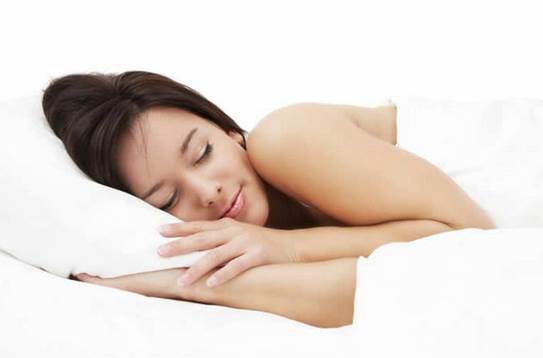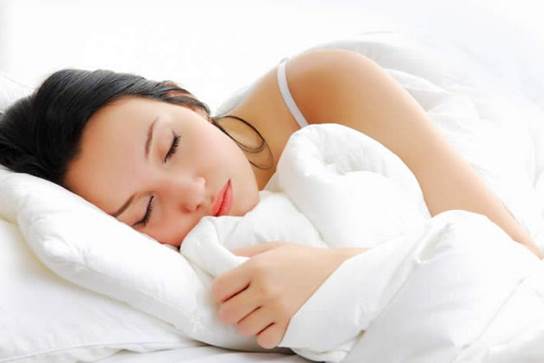New research shows quality sleep can
help stave off age-related memory loss. So how can we get more of the good
stuff?
We all know that lack of sleep can leave us
groggy and forgetful, and now new research helps explain why. Neuroscientists
from the University of California have found that missing out on deep ‘slow
wave’ sleep can prevent our experiences from moving into long-term memory
instead leaving them stuck in the hippocampus section of the brain.
Deep sleep helps the brain process and
store new experiences and information. As we age, the quality of our sleep
deteriorates and can prevent memories from being saved during the night
instead they are overwritten by new information. ‘Studies show sleep
deprivation can lead to all sorts of cognitive, physical and psychological
disorders such as poor concentration, lowered ¡mm unity and even obesity,’ says
Dr. Irshaad Ebrahim, a neuropsychiatric specializing in sleep disorders at the
London Sleep Centre.

Deep
sleep helps the brain process and store new experiences and information.
Healthy adults usually need seven to eight
hours’ sleep a night and the mind and body go through different stages of
sleeping. About three quarters of the night is spent in non-rapid eye movement
(REM) sleep and a quarter in the deeper regenerative REM sleep when dreaming
occurs. The latter is critical for mental clarity and peak cognitive performance
and the average adult experiences as many as six deep sleep REM cycles in a
night.
Scientists haven’t worked out how to
engineer sleep to increase REM, but there are ways you can increase your
chances of achieving more of it. According to Professor Colin Espie, clinical
and scientific director of sleepio.com, psychology, approaches are crucial.
Espie’s pior program uses cognitive behavioral therapy (CBT) to encourage poor
sleepers to adopt a confident, relaxed attitude to sleep, rather than a
neurotic one and to see sleep as a biological inevitability rather than a
luxury you do battle with.

Scientists
haven’t worked out how to engineer sleep to increase REM, but there are ways
you can increase your chances of achieving more of it.
With our 24/7 lifestyles meaning insomnia
and disrupted sleep patterns are becoming more the norm, the search for ‘elite
sleep’ is giving rise to sleep management programs and sleep spas. The new
five-day sleep program at Lefay Resort on Lake Garda (lefayresorts.com) helps combat
psychological and physical barriers to sleep and combines Western and Chinese
medicine. Treatments include massage, aroma-hydrotherapy, yoga and nutrition.
‘In Classical Chinese Medicine, insomnia is seen as an imbalance of energy
concentrated in the head and our treatments, such as massage, stimulate the
body’s energy lines,’ says spokesperson Tiggy Dean.

With
our 24/7 lifestyles meaning insomnia and disrupted sleep patterns are becoming
more the norm, the search for ‘elite sleep’ is giving rise to sleep management
programs and sleep spas.
You could also try the new breed of sleep
gadgets and online programs. Sleepio (sleepio.com) is a six-week online
sleep-improvement course, founded by Professor Espie that offers personalized
CBT-based advice. Zeo Sleep Manager (myzeo. corn) helps you monitor which
lifestyle factors are disturbing you, using a headband and a smartphone app.
Whichever method you try, good sleep should help improve your energy, mood and
all-round health.